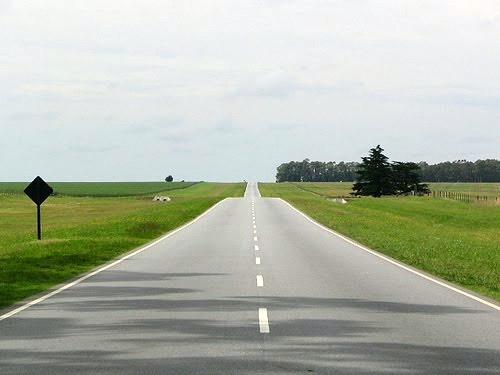
¿Es posible un mantenimiento sostenible de las carreteras cuando apenas existen presupuestos para ello?
A continuación os dejo el enlace a un artículo científico que nos acaban de publicar donde se muestra la posibilidad de utilizar técnicas de optimización heurística para conseguirlo.
Puedes solicitar una copia gratuita de este artículo en la siguiente dirección: https://www.researchgate.net/publication/312598336_Towards_a_sustainable_optimization_of_pavement_maintenance_programs_under_budgetary_restrictions
Referencia:
TORRES-MACHI, C.; PELLICER, E.; YEPES, V.; CHAMORRO, A. (2017). Towards a sustainable optimization of pavement maintenance programs under budgetary restrictions. Journal of Cleaner Production, 148:90-102. http://www.sciencedirect.com/science/article/pii/S0959652617301142
Abstract:
Transport sector constitutes the second largest source of global greenhouse gas (GHG) emissions, being the road transportation the main contributor of these emissions. Efforts in the road sector have traditionally focused on vehicle emissions and infrastructure is typically not included in the emissions account. Road environmental impact is estimated to increase by 10% if the stages of road design, construction, and operation were considered. Previous literature has widely study sustainable practices in pavement design and construction, with little attention paid to maintenance. Current state of practice reveals that pavement managers barely consider environmental performance and their evaluations solely rely on technical and economic criteria. This situation creates the need to incorporate, in an integrated manner, technical, economic, and environmental aspects in the design of maintenance programs. The main objective of this research is to develop a tool for the optimal design of sustainable maintenance programs. Given a maintenance budget, the tool aims to maximize the long-term effectiveness of the network while minimizing GHG emissions derived from the application of maintenance treatments. The capability of the proposed tool is analyzed in a case study dealing with an urban pavement network. In comparison to the traditional maintenance policy, the proposed tool designs maintenance programs that increase the average network condition by up to 22% and reduces GHG emissions by 12%. This application also analyzes the effect of different budgetary scenarios in the technical and environmental performance of the network. This application helps pavement managers in the trade-off between budget and network performance.
Keywords:
- Greenhouse gas emissions;
- Long-term effectiveness;
- Optimization;
- Sustainability;
- Pavement management;
- Sensitivity analysis
